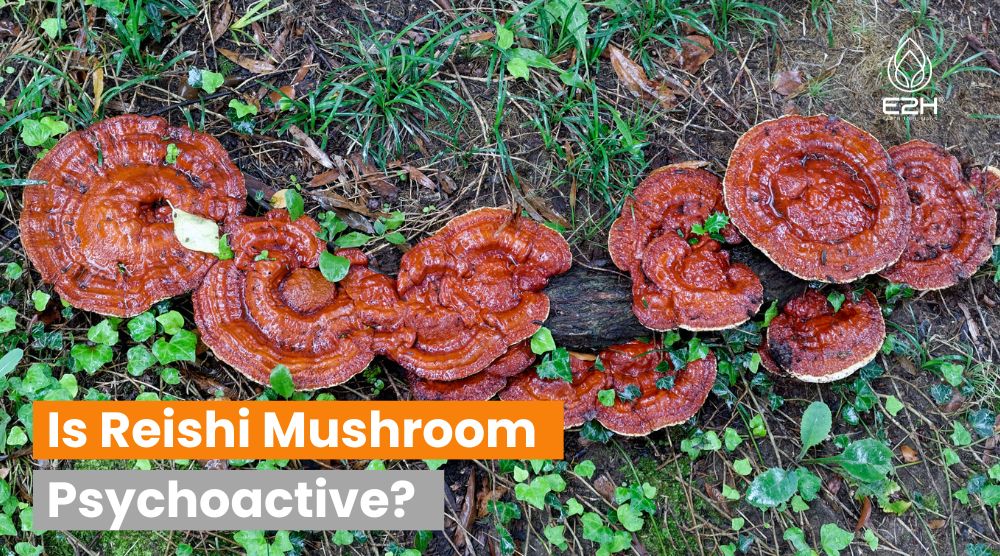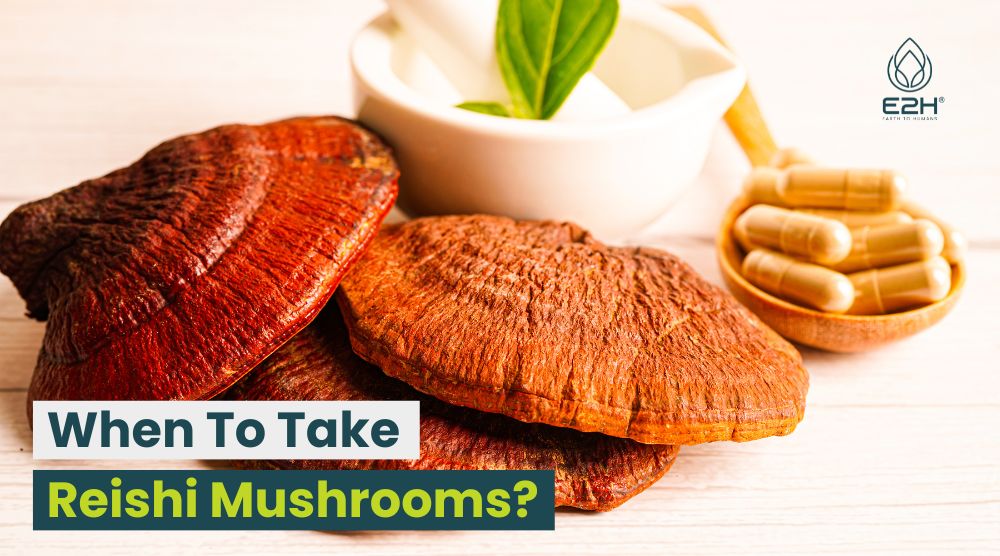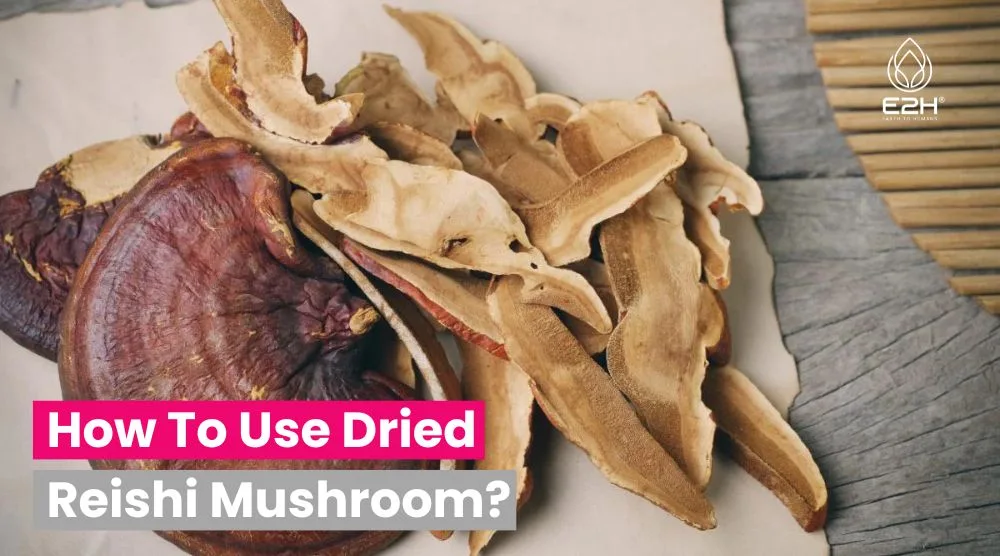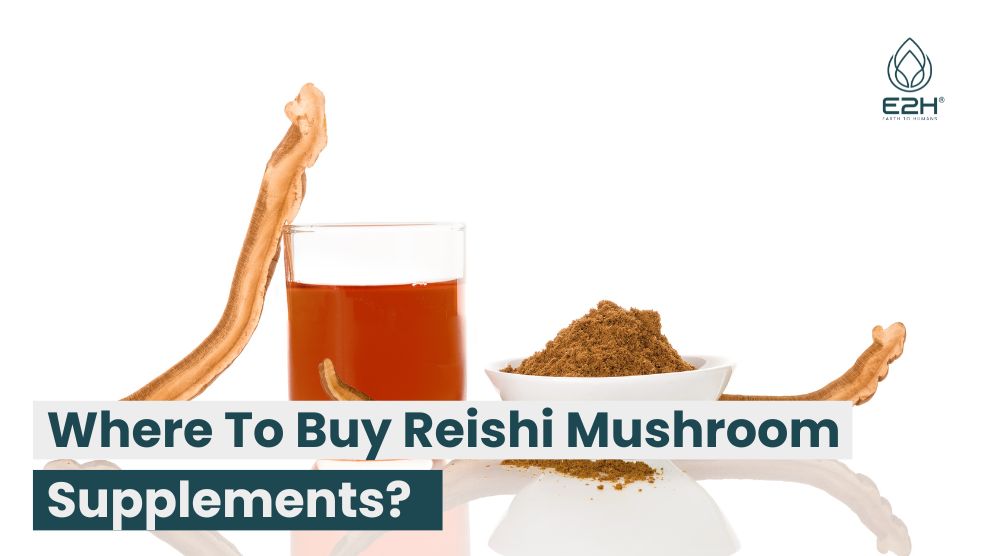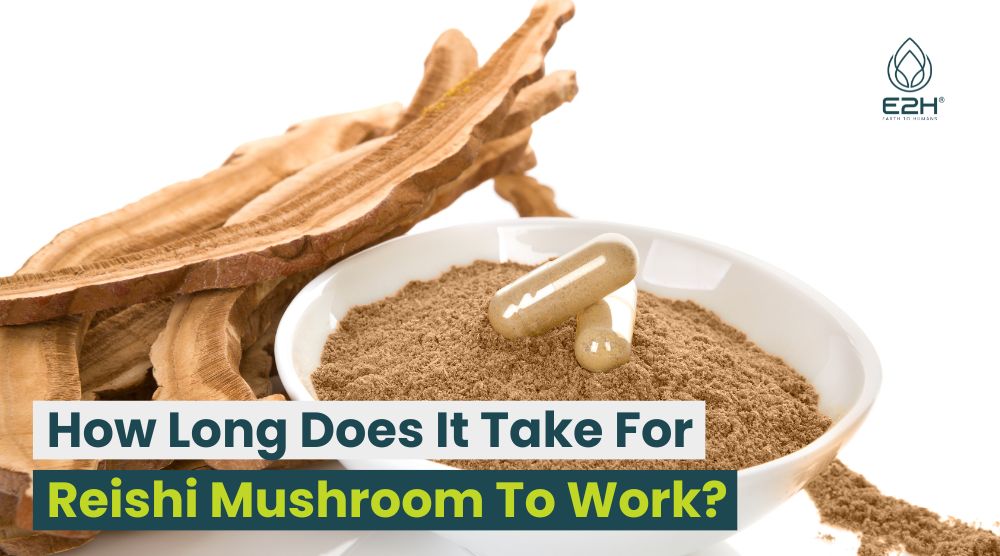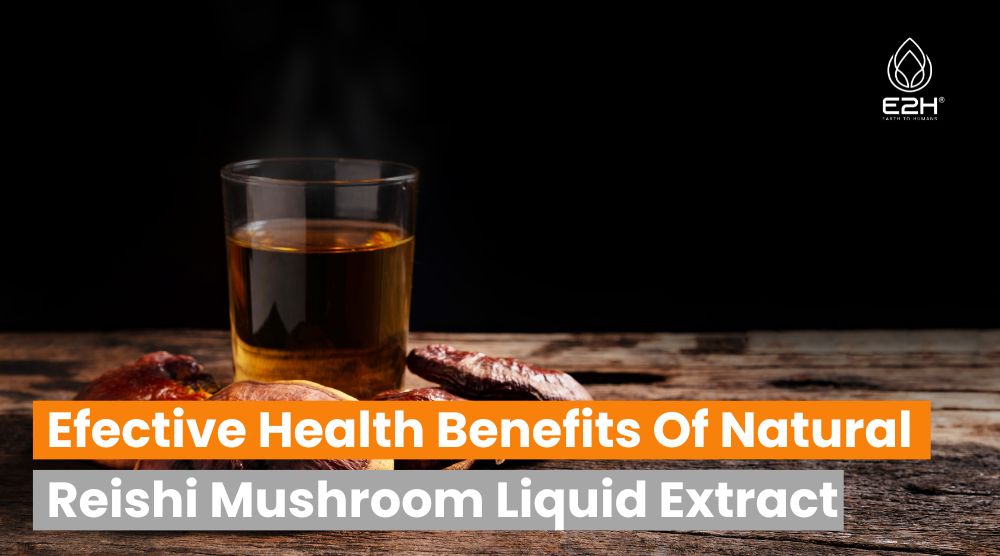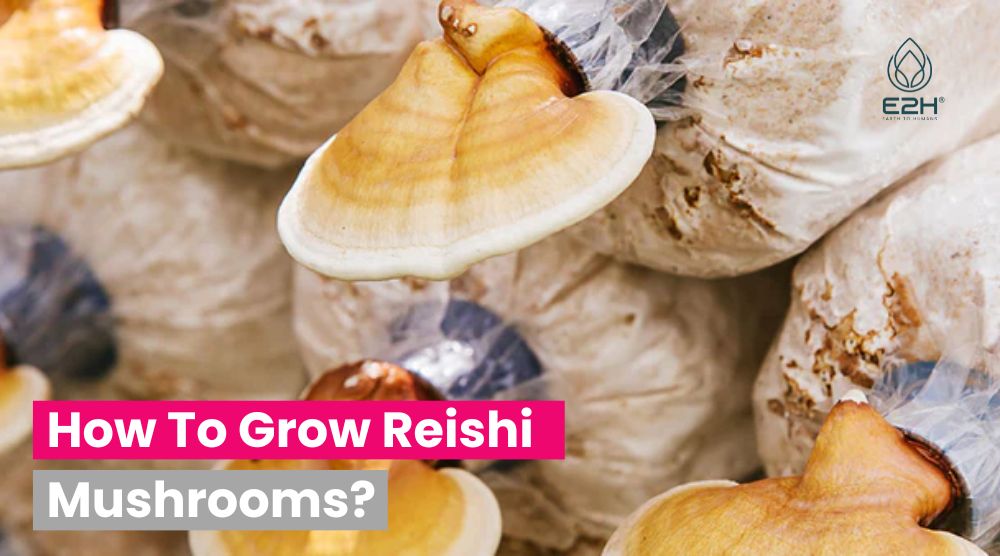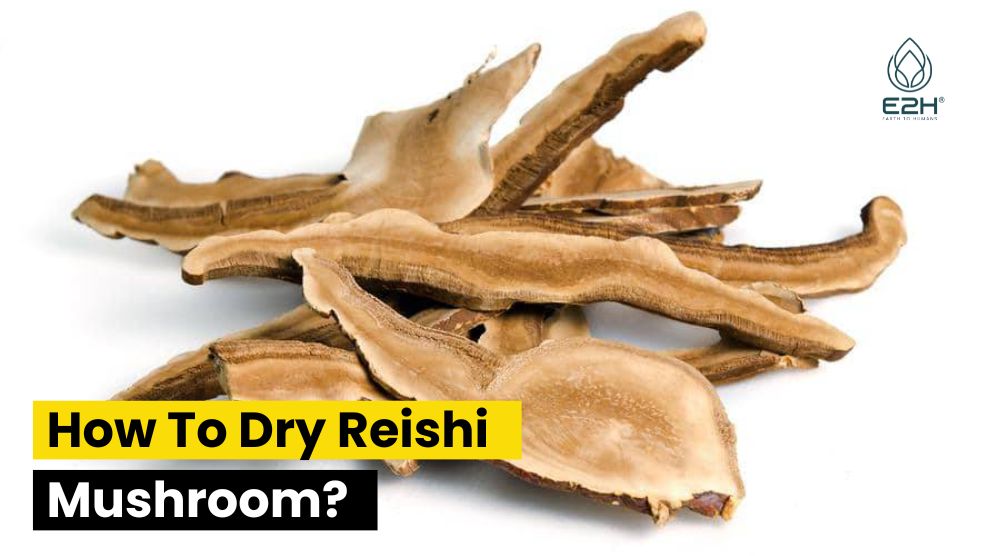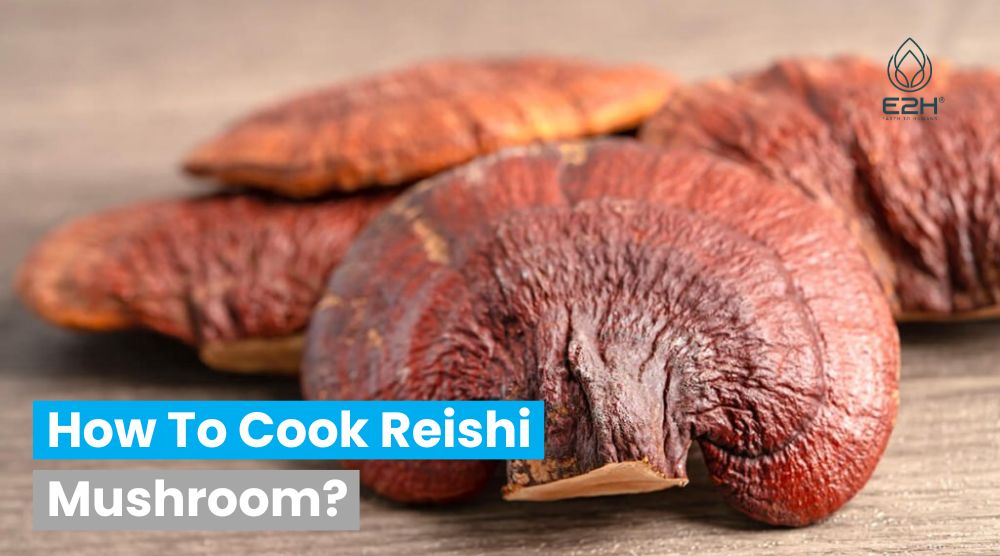Is Reishi Mushroom Psychoactive: No, Reishi mushroom is not psychoactive. It offers a natural path to well-being without hallucinogenic effects.
To fully understand its benefits and uses, let’s explore the world of reishi and discover the holistic wellness it may bring to your life.
What is the definition of a psychoactive substance?
A psychoactive substance is a chemical substance that alters an individual’s mental state, cognition, perception, or mood. These substances can be legal or illegal and include drugs, medications, and other compounds that affect the central nervous system, leading to changes in consciousness or behavior when consumed.
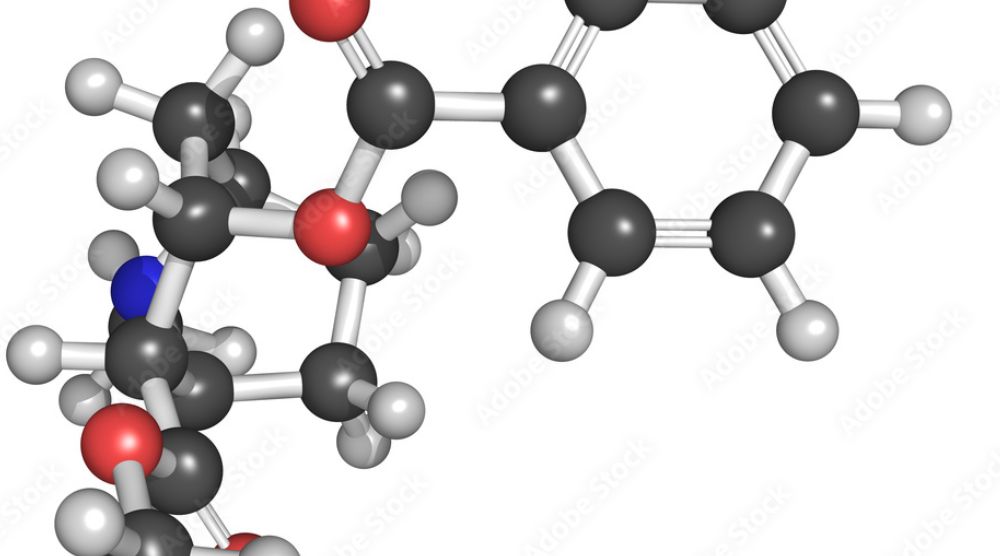
What is the active ingredient in reishi?
Reishi, scientifically known as Ganoderma lucidum, is a medicinal mushroom revered for its health benefits. The primary active ingredients in reishi are triterpenes, polysaccharides, and peptidoglycans.
Triterpenes, notably ganoderic acids, contribute to its anti-inflammatory and immunomodulatory properties, aiding the body’s defense mechanisms. Polysaccharides, such as beta-glucans, support the immune system to function by stimulating white blood cells.
Peptidoglycans in reishi exhibit antioxidant effects, combating oxidative stress. These bioactive compounds collectively contribute to reishi’s adaptogenic qualities, promoting overall well-being. Incorporating reishi into one’s diet or as a supplement may harness these natural constituents for potential health benefits.
Is Reishi Mushroom have Psychoactive properties?
No, Reishi mushroom does not have psychoactive properties in the traditional sense. Unlike psychoactive substances that induce altered states of consciousness, reishi is known for its adaptogenic and calming effects on the nervous system.
The bioactive compounds in reishi, such as triterpenes and polysaccharides, primarily influence immune function and exhibit anti-inflammatory properties. While reishi may contribute to overall well-being and stress reduction, it does not cause hallucinations or significant changes in mental perception.
It is commonly used for its potential health benefits without inducing psychoactive experiences associated with certain substances.
Is reishi mushroom a drug?
Reishi mushroom is not classified as a drug in the conventional sense. It is a natural fungus containing bioactive compounds known for potential health benefits. Reishi is often used as a dietary supplement or herbal remedy rather than a pharmaceutical drug. Its triterpenes, polysaccharides, and other constituents contribute to its adaptogenic and immune-modulating properties.
While taking reishi mushroom is valued for promoting well-being, it lacks the regulatory classification and psychoactive effects associated with pharmaceutical drugs. Users commonly integrate it into their wellness routines as a natural health supplement.
What are the effects of psychoactive substances on the human body?
Psychoactive substances exert various effects on the human body, impacting the central nervous system and altering mental processes. Common effects include changes in mood, perception, cognition, and behavior. Stimulants like caffeine can enhance alertness, while depressants like alcohol can induce relaxation.
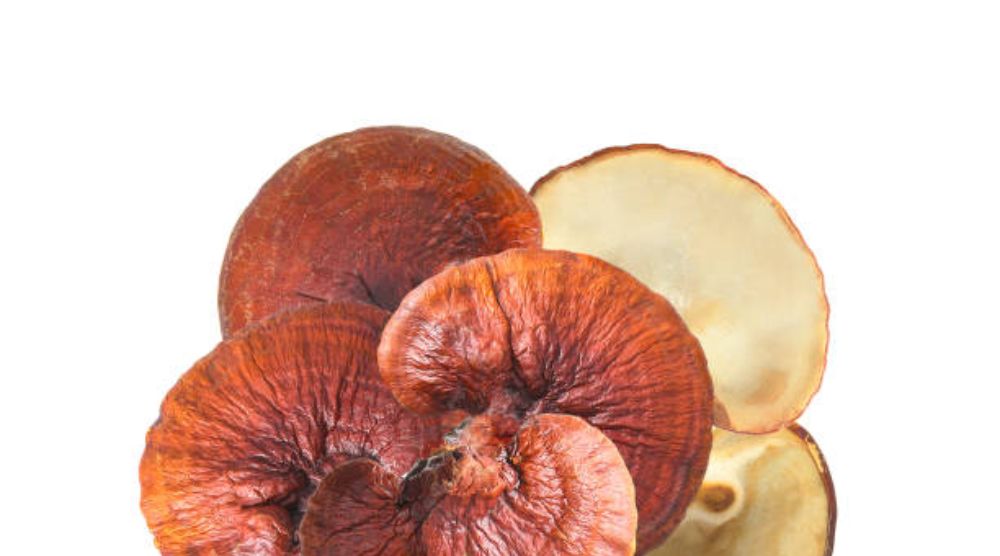
Hallucinogens may cause altered perceptions, and opioids can alleviate pain. Prolonged use or abuse of psychoactive substances can lead to addiction, adverse health effects, and impaired cognitive function. Understanding these effects is crucial for promoting informed decisions regarding substance use and addressing potential health risks.
How does reishi mushroom make you feel?
Reishi mushroom is known for its adaptogenic properties, promoting a sense of balance and well-being. Consuming reishi may induce a subtle calming effect on the nervous system, helping to alleviate both stress levels and anxiety.
Its bioactive compounds, including triterpenes and polysaccharides, contribute to these effects by modulating the body’s response to stressors. While not causing a pronounced “feel” like psychoactive substances, regular consumption of reishi is associated with supporting overall mental and physical health, fostering a sense of tranquility and resilience.
What happens if you take too much reishi mushroom?
While reishi mushroom is generally considered safe, excessive consumption can lead to potential side effects. These may include digestive issues like upset stomach or diarrhea. Some individuals may experience allergic reactions to reishi products.
It’s important to adhere to recommended dosages and consult a healthcare professional before using reishi supplements, especially for those on medications or with pre-existing conditions.
As with any supplement, moderation is key, and understanding individual tolerance levels helps prevent adverse reactions. Consuming reishi within recommended limits is advised to optimize its potential health benefits.
Is Reishi hard on the liver?
Reishi mushroom is generally considered safe for the liver when used in moderation. Studies suggest that reishi may even have hepatoprotective effects, supporting liver health. However, excessive intake of any substance, including reishi, may potentially lead to adverse effects.
Individuals with liver conditions or those taking medications should consult healthcare professionals before incorporating reishi into their routines. As with any supplement, responsible usage is crucial, and maintaining a balanced approach helps ensure the well-being of the liver and overall health.
What are the interactions of reishi mushrooms with other medications?
Reishi mushrooms may interact with certain medications, necessitating caution. They can potentially enhance the effects of blood-thinning medications, increasing the risk of bleeding. Additionally, reishi may affect blood pressure, necessitating monitoring for those on antihypertensive drugs.
There’s a potential for reishi mushrooms grow have interaction with immunosuppressants, impacting the efficacy of these medications. As reishi may have a mild anticoagulant effect, combining it with antiplatelet drugs requires careful consideration.
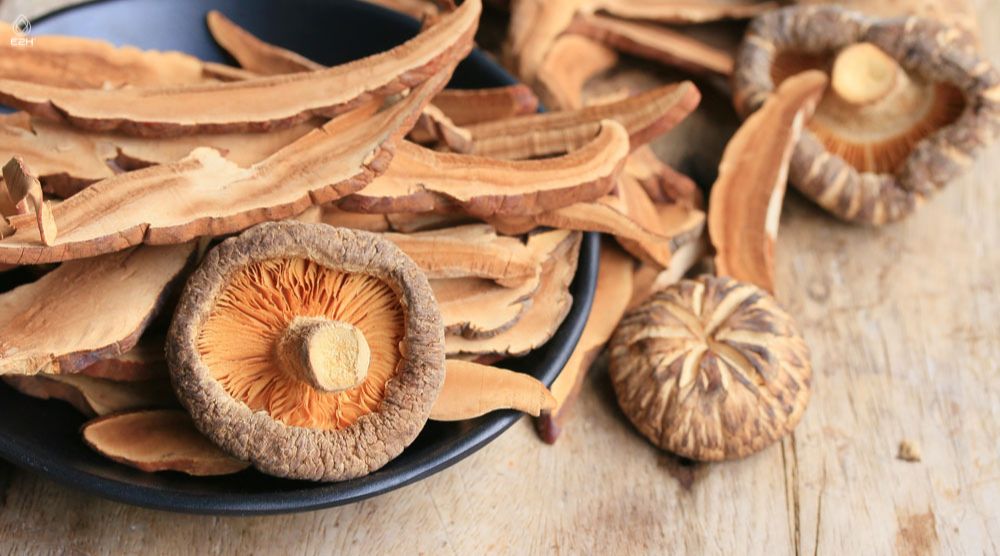
Are there medicinal mushrooms that are also psychoactive?
Yes, certain medicinal mushrooms possess psychoactive properties. Psilocybin mushrooms, also known as magic mushrooms, contain the psychoactive compound psilocybin. This compound, when ingested, is converted to psilocin, eliciting hallucinogenic effects. Another example of psychedelic mushrooms is Amanita muscaria, known for its psychoactive alkaloids, muscimol, and ibotenic acid.
However, it’s crucial to note that while these mushrooms have been used in traditional and cultural contexts for their psychoactive effects, their consumption comes with risks and legal considerations. Caution, responsible use, and awareness of potential legal implications are essential when dealing with mushrooms with psychoactive properties.
FAQs
Is reishi mushroom a psychoactive substance?
No, reishi mushroom is not psychoactive; it lacks psychedelic compounds like psilocybin. It promotes wellness without inducing altered states.
Does reishi have hallucinogenic effects?
No, reishi doesn’t cause hallucinations. Its bioactive compounds support brain health without inducing psychoactive experiences.
Can reishi be used for relaxation or stress relief?
Yes, reishi has adaptogenic properties, offering a subtle calming effect and supporting stress reduction.
Are there any side effects of consuming reishi mushrooms?
Excessive intake may lead to digestive issues or allergies. Moderation and consultation with healthcare professionals are advised.
Does reishi interact with medications?
Yes, reishi may interact with certain medications. Consult healthcare professionals, especially if taking anticoagulants or immunosuppressants.
Conclusion
Reishi mushroom is not psychoactive, offering a natural path to well-being without hallucinogenic effects. Its adaptogenic qualities provide a subtle, calming influence. Embrace reishi for its potential health benefits, but always approach supplements responsibly. Before incorporating reishi or any new element herbal medicine into your routine, consult healthcare professionals for personalized advice. Here’s to discovering the balance and vitality that reishi can bring to your well-being journey!
